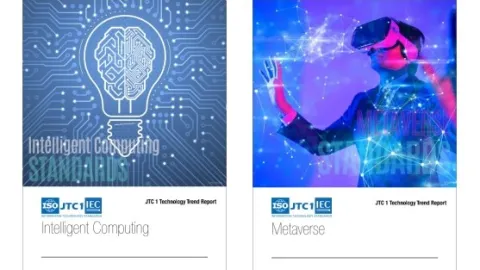News
Please note that you have to be a registered member with paid membership in order to see full articles.
Become a MemberSelected News
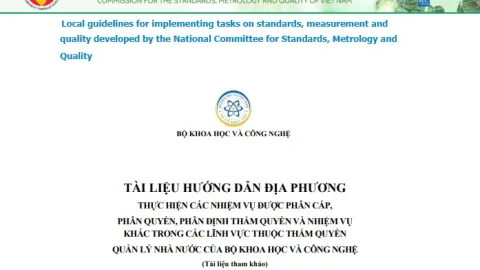
Vietnam Issues Guide to Support Decentralization of Quality Infrastructure
The Ministry of Science and Technology of Vietnam (MST) has issued a new guide to help local authorities take on more responsibility for standards, metrology, and quality management.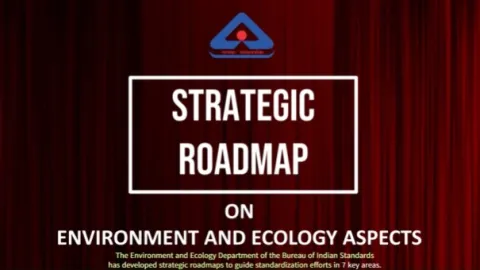
India Launches Seven Strategic Roadmaps to Strengthen Environmental Standardization
The Environment and Ecology Department (EED) of the Bureau of Indian Standards (BIS) released seven Strategic Roadmaps on World Standards Day, October 14, 2025,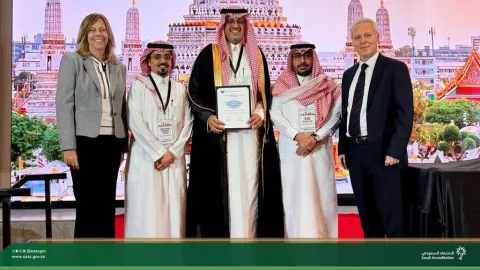
Saudi Accreditation Center Earns IAF Recognition for Product, Process, and Service Certification
The Saudi Accreditation Center (SAAC) received international recognition from the International Accreditation Forum (IAF) for its accreditation activities under ISO/IEC 17065:2012, which covers the certification of products, processes, and services.
Israel Starts Preparations for 2027 National Quality and Excellence Award
The Standards Institution of Israel (SII) has begun preparations for the 2027 National Quality and Excellence Award, inviting organizations to register for a mandatory training session to qualify for participation.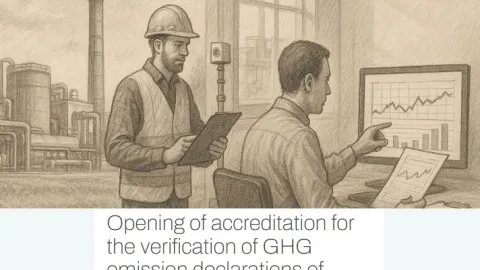
Cofrac Launches Accreditation for Greenhouse Gas Verification Under EU Carbon Scheme 2
The French Accreditation Committee (Cofrac) has opened accreditation for verifying greenhouse gas (GHG) emission declarations from regulated entities under the new European carbon market system,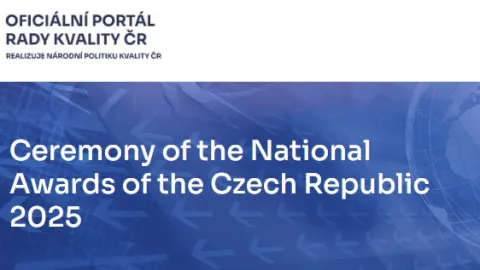
Prague to Host 25th National Quality Awards of the Czech Republic
The 25th edition of the Czech Republic’s National Quality Awards will take place on November 20, 2025, in the Main Hall of the Wallenstein Palace, seat of the Senate of the Parliament of the Czech Republic.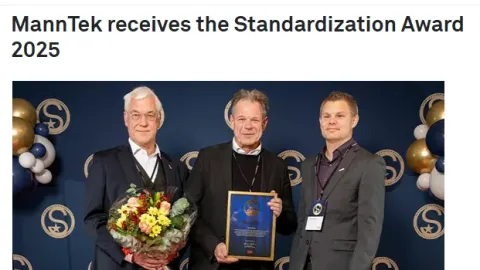
MannTek Wins Sweden’s Standardization Award 2025
MannTek, a Swedish company specializing in couplings for cryogenic fuels such as liquid hydrogen, has won the 2025 Standardization Award from the Swedish Institute for Standards (SIS).
October Issue of UNE Magazine Spotlights Global Standard on Biodiversity
The October issue of the Asociación Española de Normalización (UNE) magazine is now available, featuring biodiversity as its central theme.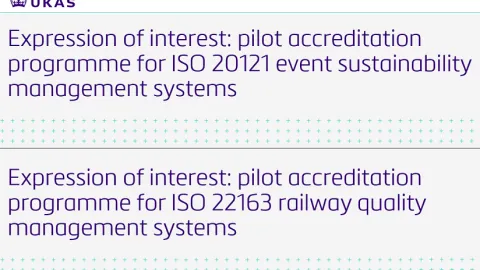
UKAS Probing Interest for Pilot Accreditation Programs in Rail and Event Sectors
The United Kingdom Accreditation Service (UKAS) is inviting certification bodies to take part in two pilot accreditation programs under consideration: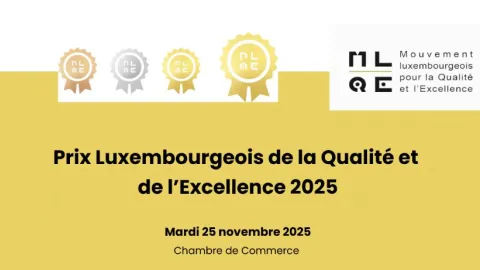
Luxembourg Prepares for 2025 MLQE Quality and Excellence Awards Ceremony
The Ministry of the Economy (MECO) and the Luxembourg Movement for Quality and Excellence (MLQE) will host the 2025 edition of the Luxembourg Prize for Quality and Excellence on November 25 at the Chamber of Commerce in Luxembourg-Kirchberg.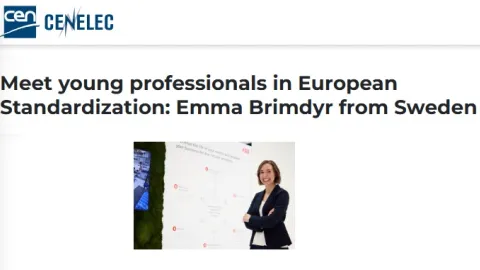
Emma Brimdyr on Making Robotics More Sustainable: CEN and CENELEC Young Professionals Series
Robotics expert Emma Brimdyr, representing the Swedish Institute for Standards (SIS), is featured in the latest interview of CEN and CENELEC’s Meet Young Professionals in European Standardization series.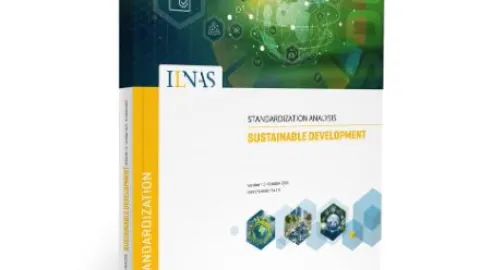
ILNAS Publishes First National Analysis on Sustainable Development Standards
The Luxembourg Institute for Standardization, Accreditation, Safety, and Quality of Products and Services (ILNAS) has released its first-ever Standardization Analysis – Sustainable Development, unveiled on October 15 during World Standards Day 2025.Global News
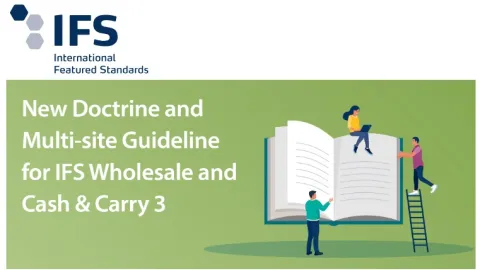
IFS Releases New Doctrine and Multi-Site Guideline for Wholesale and Cash & Carry 3
Two new documents are now available to support the rollout of IFS Wholesale and Cash & Carry version 3, which becomes mandatory on November 1, 2025.
International Quality Awards 2025 Finalists Announced by CQI
The Chartered Quality Institute (CQI) has announced the finalists for the International Quality Awards 2025, recognizing excellence across nine categories.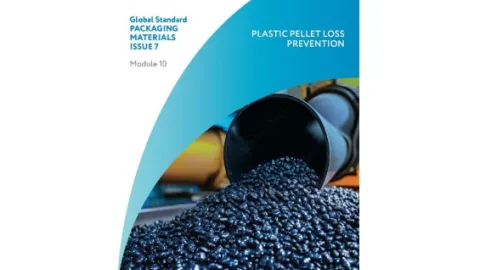
BRCGS Updates Module 10 on Plastic Pellet Loss Prevention for Packaging Materials Issue 7
BRCGS has released an updated version of Module 10 on plastic pellet loss prevention, now aligned with Issue 7 of the BRCGS Packaging Materials Standard.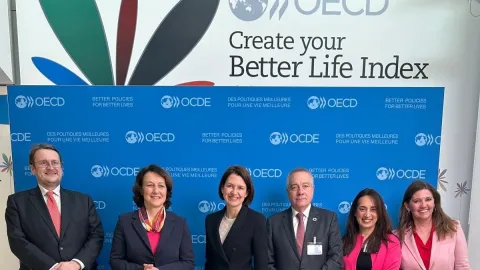
SGS Delivers First Pilot OECD Certification Audit to Curb Illicit Trade in Free Trade Zones
SGS has completed the first-ever pilot certification audit of a Free Trade Zone (FTZ) under the OECD (Organisation for Economic Co-operation and Development) Certification Programme.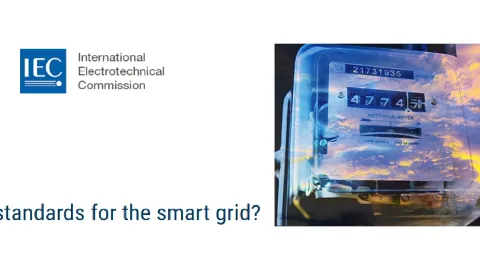
IEC to Enhance Smart Energy Roadmap in 2025 with Updates on Grid Resilience and Demand Response
The International Electrotechnical Commission (IEC) Systems Committee for Smart Energy (SyC Smart Energy) updated the Smart Energy Roadmap in December 2024.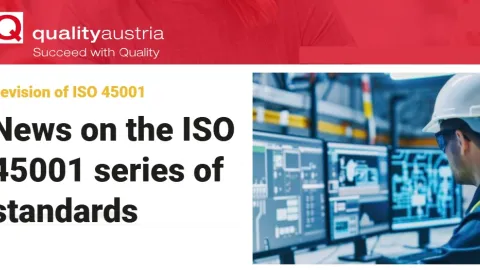
As ISO 45001 Revision Advances, New Guidelines on Climate Risks and Leadership Are Being Developed
The ISO 45001 standard for workplace health and safety is undergoing revision, set for publication in March 2027.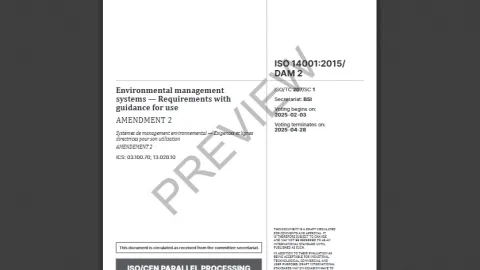
Global Revision of ISO 14001 Enters Final Phase of Public Consultation
The global revision of ISO 14001, the world’s most widely used environmental management standard, has entered its final phase of public consultation.
First International Standard for Safe Wireless Power Transfer Published by IEC and IEEE
The International Electrotechnical Commission (IEC) and the Institute of Electrical and Electronics Engineers (IEEE) have jointly published IEC/IEEE 63184:2025, the first global standard to assess human exposure to electromagnetic fields (EMF) from wireless power transfer (WPT) systems.
ASC to Replace 12 Species-Specific Frameworks with New Unified Farm Standard
The Aquaculture Stewardship Council (ASC) has merged its twelve species-specific standards into a single ASC Farm Standard.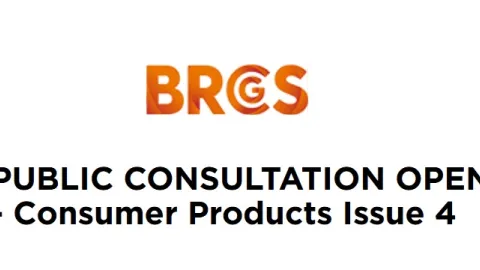
BRCGS Opens Public Consultation for Consumer Products Issue 4
BRCGS has launched a public consultation to revise its Global Standard Consumer Products Issue 4, aiming to gather input from across the industry to improve the standard’s relevance and effectiveness.
GFSI Issues Call for Expert Auditors to Join Phase 2 of Development Effort
The Global Food Safety Initiative (GFSI) has issued an extended call for highly experienced auditors to join the second phase of its Auditor Training and Professional Development (ATPD) governance initiative.